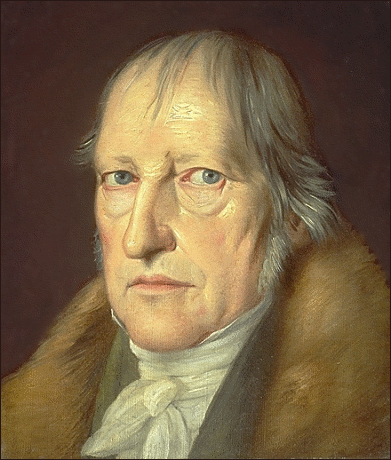To comprehend what is, is the task of philosophy: and what is is Reason.
Nothing great in the World has been accomplished without passion.
What experience and history teach is this — that nations and governments have never learned anything from history, or acted upon any lessons they might have drawn from it.
To him who looks upon the world rationally, the world in its turn presents a rational aspect. The relation is mutual.
What is rational is actual and what is actual is rational. On this conviction the plain man like the philosopher takes his stand, and from it philosophy starts in its study of the universe of spirit as well as the universe of nature.
The significance of that 'absolute commandment', know thyself — whether we look at it in itself or under the historical circumstances of its first utterance — is not to promote mere self-knowledge in respect of the particular capacities, character, propensities, and foibles of the single self. The knowledge it commands means that of man's genuine reality — of what is essentially and ultimately true and real — of spirit as the true and essential being.
The force of mind is only as great as its expression; its depth only as deep as its power to expand and lose itself.
Not curiosity, not vanity, not the consideration of expediency, not duty and conscientiousness, but an unquenchable, unhappy thirst that brooks no compromise leads us to truth.